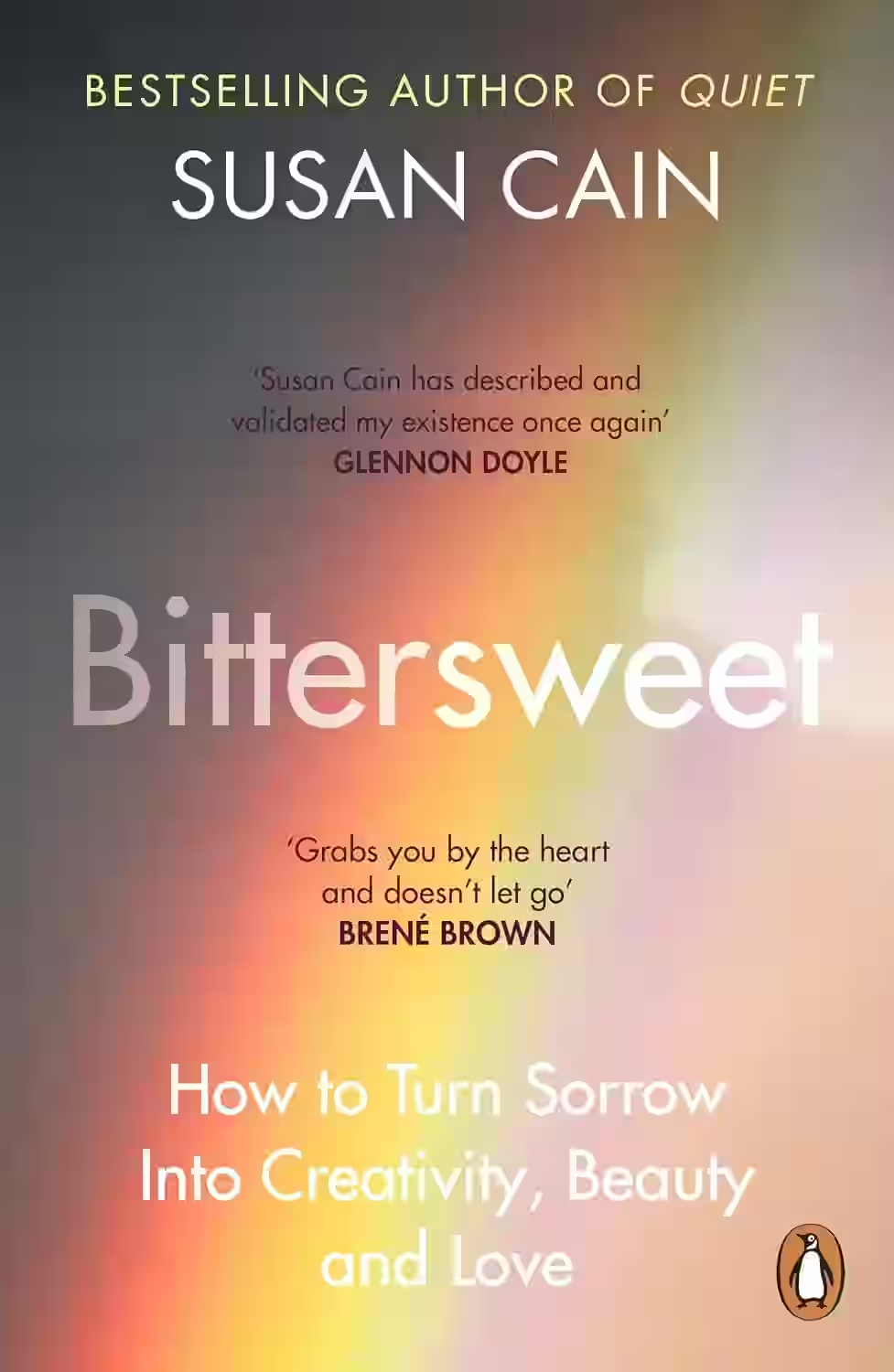
In Bittersweet, Susan Cain examines the power of embracing sorrow and longing as essential aspects of the human experience. She argues that acknowledging and accepting these emotions can lead to greater creativity, connection, and fulfillment. Drawing on research and personal anecdotes, Cain challenges the cultural emphasis on constant positivity, advocating for a more nuanced understanding of happiness. The book offers a compelling perspective on the value of melancholy and its role in leading a meaningful life.
About Susan Cain
Susan Cain is an American author and speaker best known for her groundbreaking work on introversion and emotional intelligence. Her first book, Quiet: The Power of Introverts in a World That Can’t Stop Talking, became a global bestseller and reshaped conversations around personality and leadership. With her follow-up, Bittersweet, she explores the transformative potential of sorrow and longing, challenging the modern obsession with relentless positivity. Cain co-founded Quiet Revolution, an organization promoting workplace and educational equity for introverts. Her work combines personal insight with academic research, offering a compassionate lens on human temperament, creativity, and emotional depth.
Other Books by Susan Cain
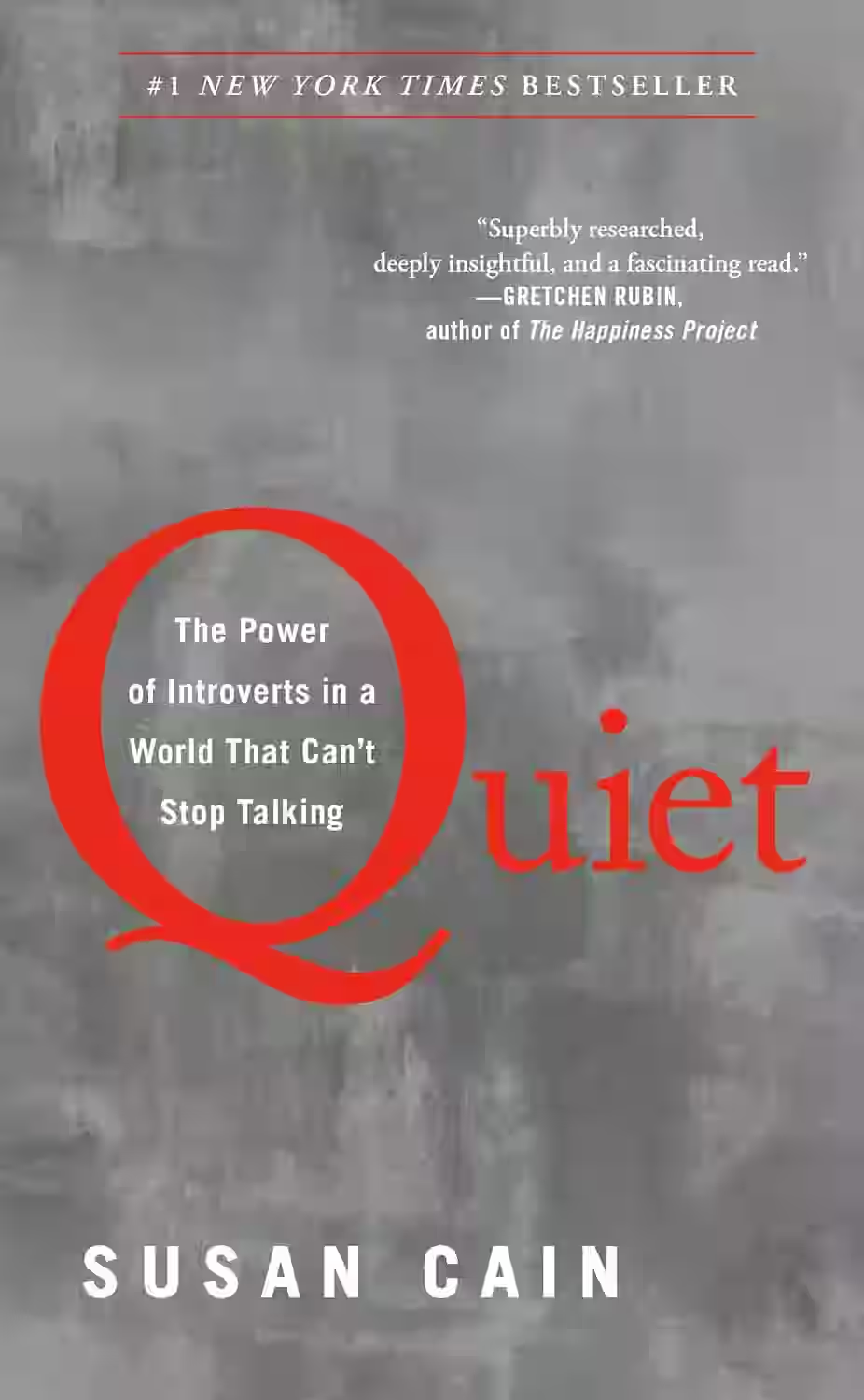
Quiet: The Power of Introverts in a World That Can't Stop Talking
by Susan Cain
Susan Cain's 'Quiet: The Power of Introverts in a World That Can't Stop Talking' is a thought-provoking exploration of introversion in a society that often values extroversion. Through a blend of research, personal anecdotes, and expert insights, Cain delves into the strengths and contributions of introverts, challenging the notion that being outgoing is the only path to success. She discusses how introverts can thrive in a world that often favors the loud and the gregarious, offering practical advice for both introverts and extroverts to better understand and appreciate one another. 'Quiet' is a compelling and empowering read that sheds light on the quieter voices often overlooked in a noisy world.
Similar Books
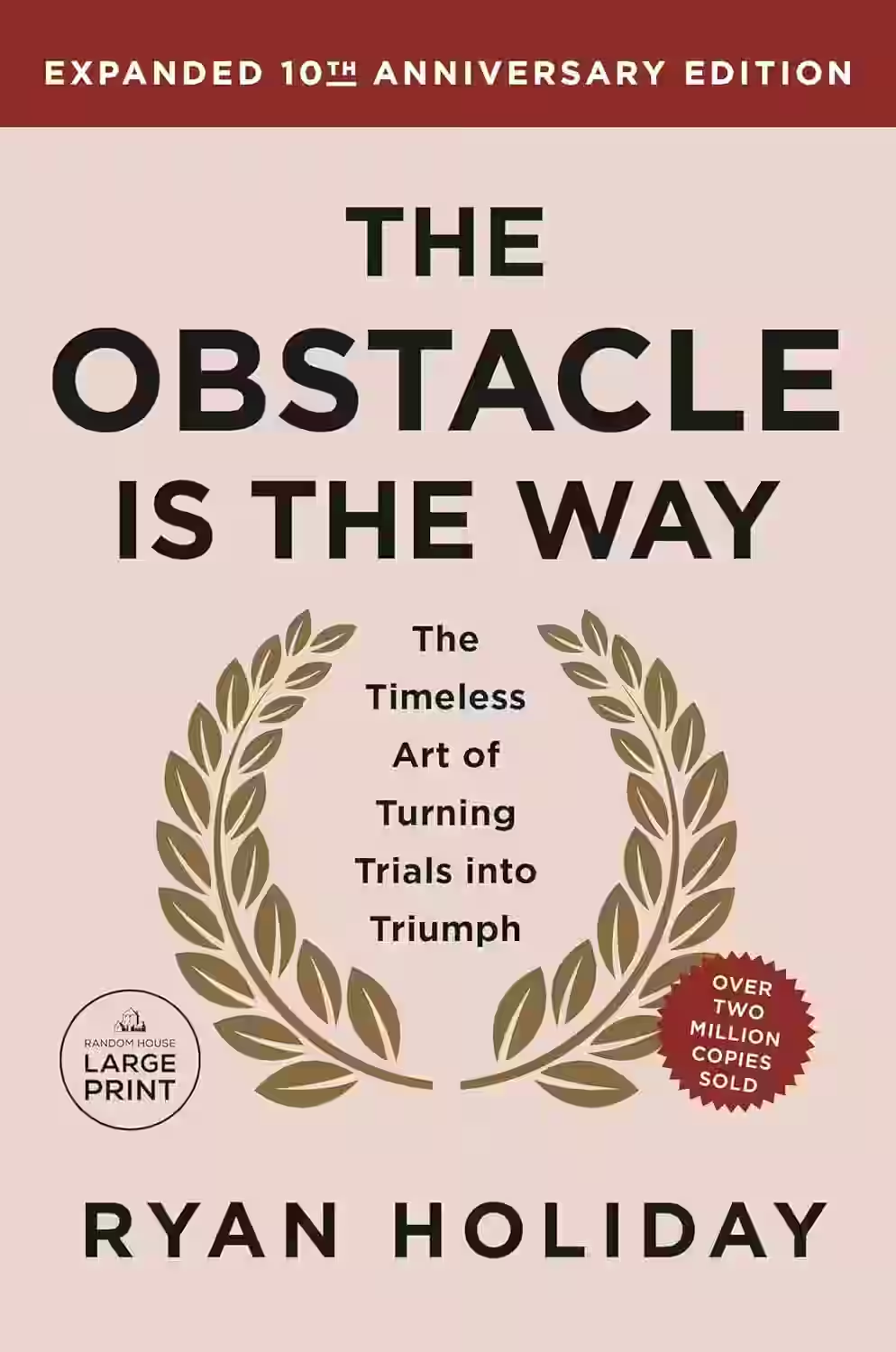
The Obstacle Is the Way
by Ryan Holiday
Based on the principles of Stoic philosophy, The Obstacle Is the Way teaches readers to transform adversity into advantage. Drawing from historical examples—from Marcus Aurelius to modern leaders—Holiday outlines a framework of perception, action, and will. His central idea: challenges are not obstacles to success, but the path itself. Through discipline, patience, and perspective, setbacks become fuel for growth. Written in a clear, concise style, the book is both motivational and practical. It has gained a wide following among athletes, entrepreneurs, and creatives seeking mental resilience and focus in the face of hardship.
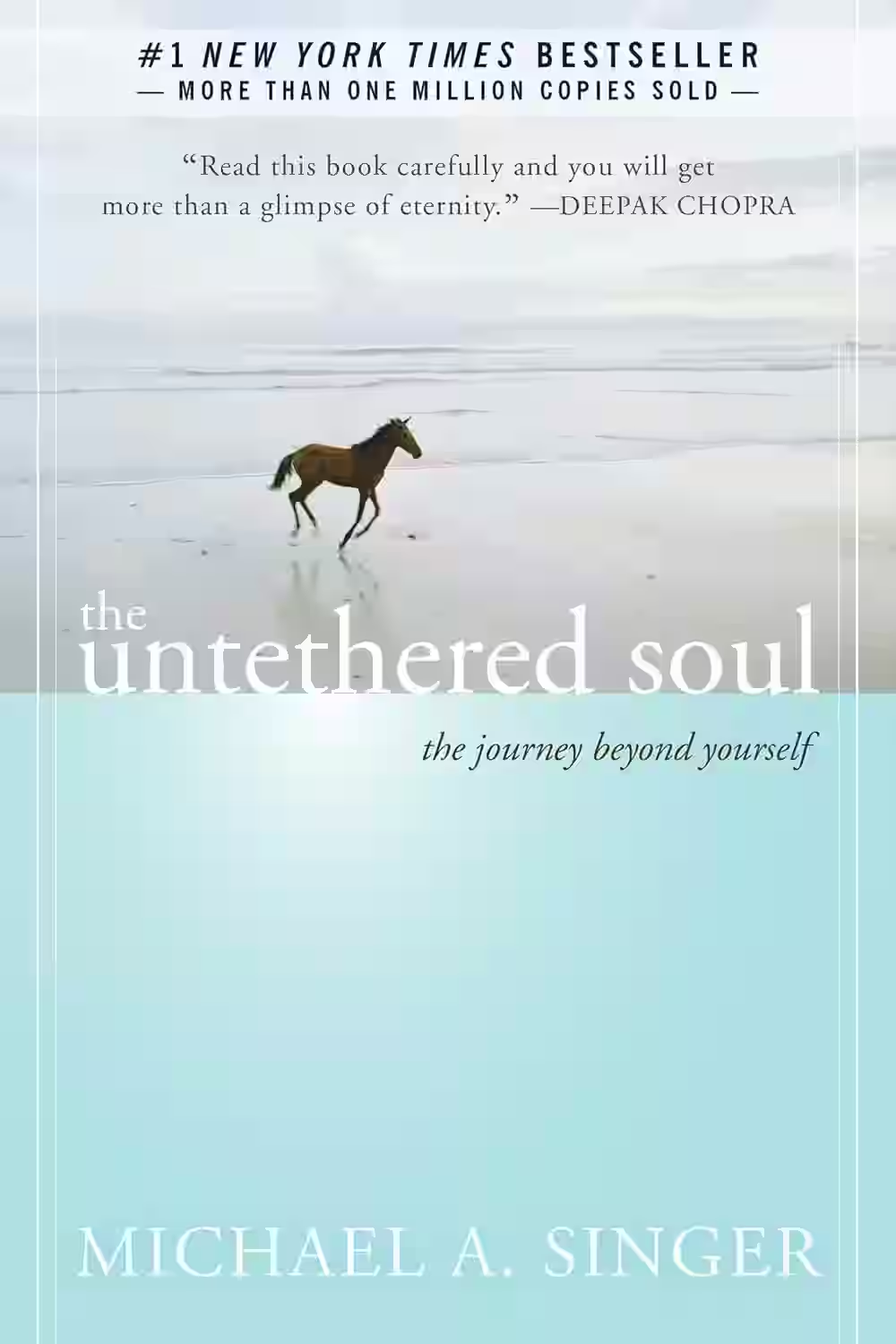
The Untethered Soul
The Untethered Soul is a spiritual and psychological exploration of consciousness, identity, and inner freedom. Michael A. Singer invites readers to observe their thoughts and emotions without attachment, helping them transcend internal limitations and live in the present moment. Drawing from mindfulness and Eastern philosophy, the book emphasizes awareness as the key to personal liberation. Through practical guidance and reflective questions, Singer teaches how to release fear, embrace stillness, and cultivate peace regardless of external circumstances. The Untethered Soul offers a deeply calming and transformative approach for anyone seeking to quiet their mind and reconnect with their deeper self.

The Four Agreements
In The Four Agreements, Don Miguel Ruiz presents a code of conduct based on ancient Toltec wisdom, aiming to help individuals achieve personal freedom and happiness. The four agreements are: be impeccable with your word, don't take anything personally, don't make assumptions, and always do your best. Ruiz explains how these principles can transform one's life by breaking self-limiting beliefs and fostering a sense of peace and purpose. The book offers a practical guide to personal growth and spiritual enlightenment.
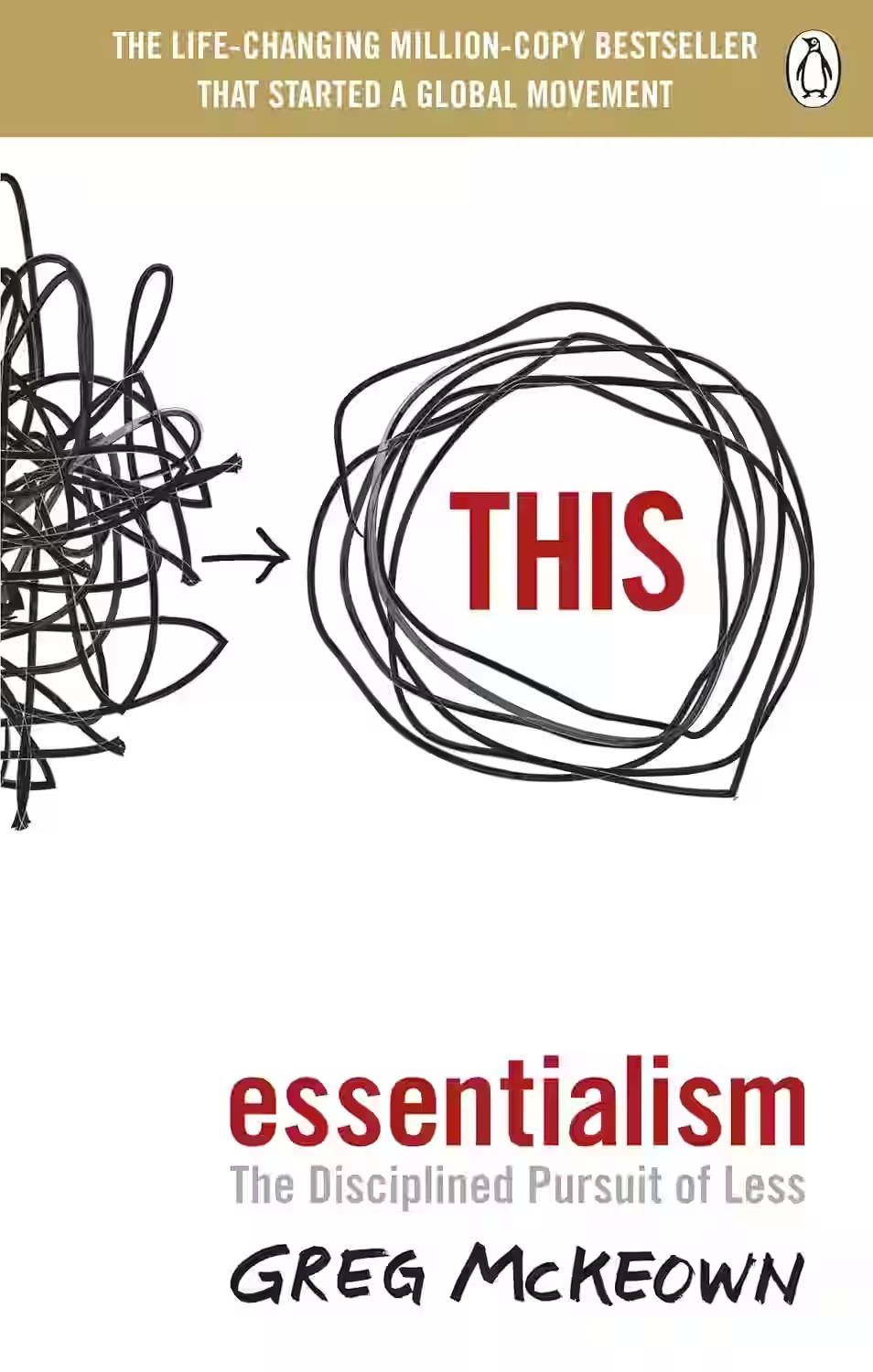
Essentialism: The Disciplined Pursuit of Less
by Greg McKeown
Essentialism is a manifesto for simplicity in an increasingly busy world. Greg McKeown advocates for doing less, but better—focusing only on what is truly important. He challenges the idea that we must do everything and instead teaches readers how to identify their highest priorities, eliminate non-essential tasks, and reclaim control of their time and energy. With practical tips and clear frameworks, the book empowers readers to make deliberate choices, say no more often, and live with intention. Essentialism is about creating space for what really matters—professionally and personally—by embracing the power of focus and clarity.